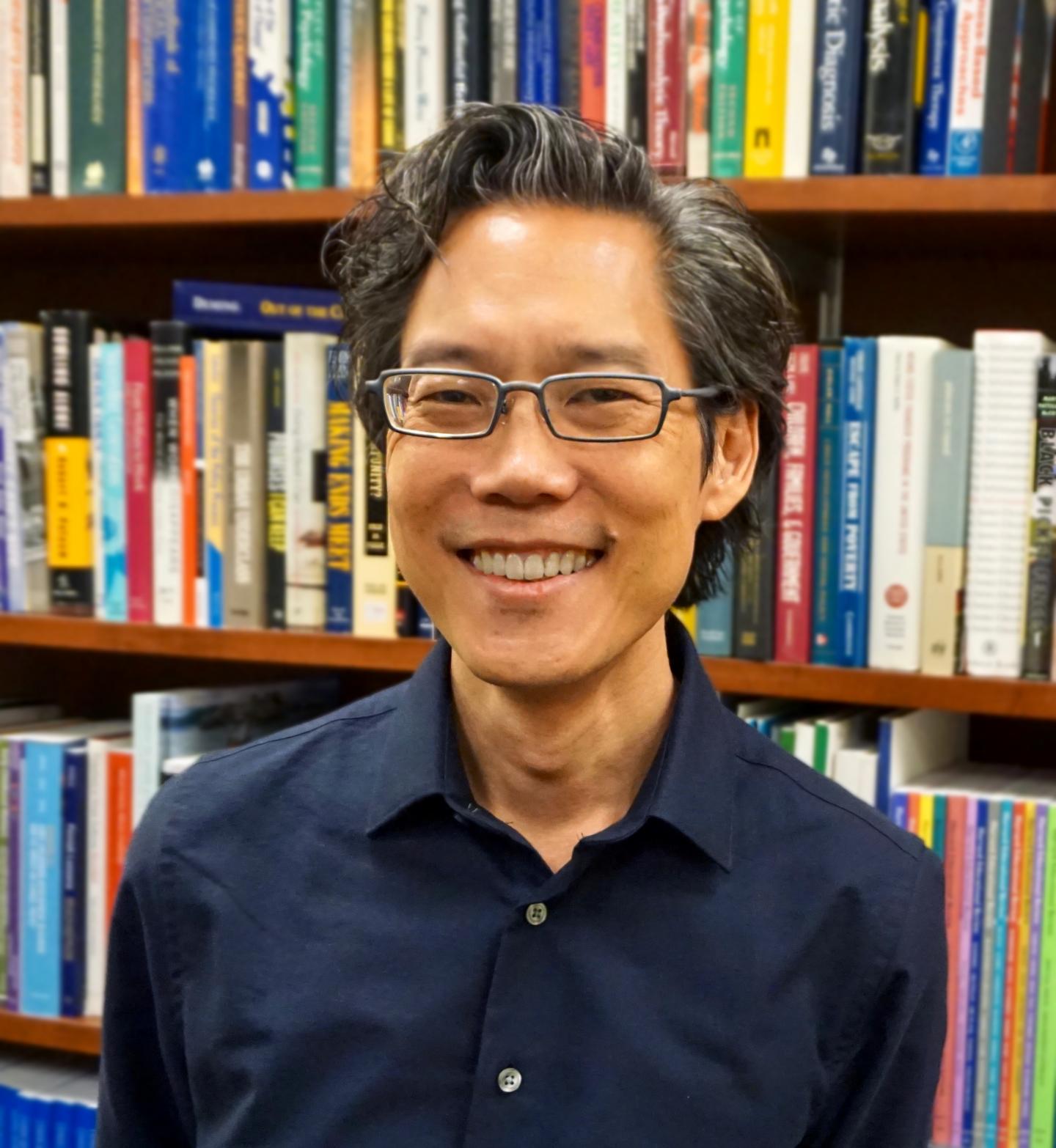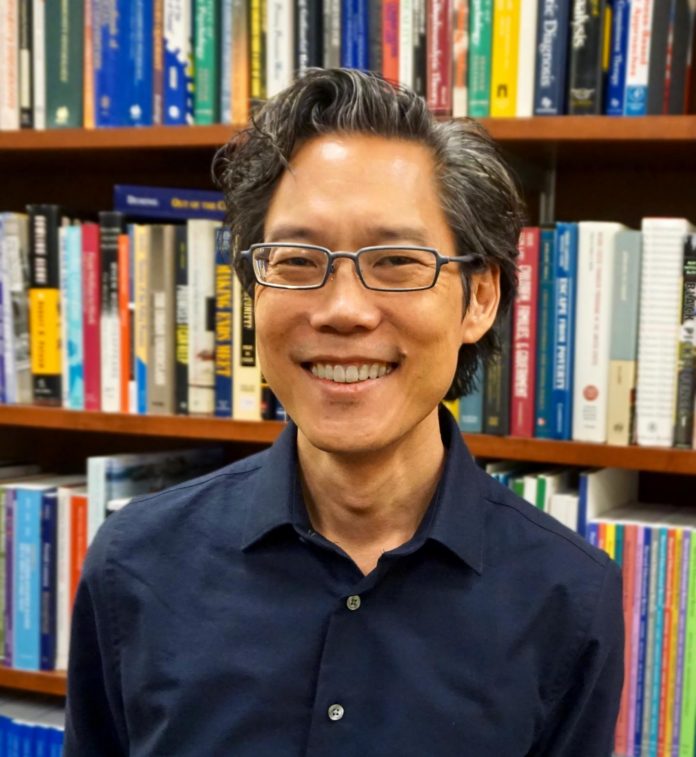
Photo: Researcher Hiro Yoshikawa
view more
Credit Image: NYU/NYU Abu Dhabi Global TIES for Children
Abu Dhabi, UAE, February 2, 2021: Adolescent mothers often fall through the cracks of educational programming. This is highly problematic given that globally an estimated 12 million girls between the ages of 15-19, and 777,000 girls under the age of 15, give birth each year. In populations affected by conflict and displacement, adolescent girls have an increased likelihood of becoming mothers due to various factors, such as disruptions to schooling, the loss of family members, poverty, gender-based violence, and poor access to healthcare and sexual and reproductive services and resources. There is a lack of support programs for these young mothers, and a continuing need for educational programming.
In a new paper titled A Bioecocultural Approach to Supporting Adolescent Mothers and their Young Children in Conflict Affected Contexts, published in the journal Development and Psychopathology, Global TIES for Children researchers Alice J. Wuermli and Hirokazu Yoshikawa, and affiliate Paul D. Hastings of the University of California Davis, propose a developmental, two-generational framework to guide the design of research and policies that better address the needs of adolescent mothers and their children in contexts of conflict and displacement.
The researchers draw on several bodies of research including developmental stress physiology, adolescent parenthood internationally, and developmental cultural neurobiology. They argue that neuroendocrine development during adolescence, specifically the increased sensitivity to stressful life events, poses additional risks to adolescent girls and their young children. High levels of stress influence the development of brain regions associated with cognitive, social, and emotional regulatory functioning and learning in both the mother and the unborn child with potential intergenerational consequences for health and development.
“The neurobiological effects of stress on pregnant adolescent girls have implications for prenatal development, may have detrimental effects on the adolescent mother’s health and wellbeing, and affect her ability to cope and provide nurturing care,” said Wuermli. “High levels of stress prenatally and the first couple of years of a baby’s life can have life-long consequences. Adolescent motherhood in high-risk contexts, absent culturally grounded support systems and opportunities for peer engagement and leadership, may likely perpetuate an intergenerational cycle of poverty and poor developmental outcomes.”
“Dual-generation interventions for adolescent mothers, with culturally anchored peer engagement, continued education, and child care support, have rarely, if ever, been evaluated in low-income or conflict-affected country contexts,” said Yoshikawa. “Yet it is vital that we consider each of these areas. It is our hope that the framework that we’ve created will guide research and programming that is more specific and effective.”
###
Global TIES for Children
NYU Global TIES for Children is an international research center embedded within NYU’s Institute of Human Development and Social Change (IHDSC) and supported by the NYU Abu Dhabi Research Institute and NYU New York. Established in 2014, Global TIES for Children engages in partnerships to generate rigorous evidence to support child and youth development in low- and middle-income and conflict-affected countries. To date, Global TIES for Children has secured a position at the front lines of advances in methods and measures for assessing child development and for understanding variation in program impacts at multiple levels in low-income and crisis-affected contexts.
About NYU Abu Dhabi
NYU Abu Dhabi is the first comprehensive liberal arts and science campus in the Middle East to be operated abroad by a major American research university. NYU Abu Dhabi has integrated a highly-selective liberal arts, engineering and science curriculum with a world center for advanced research and scholarship enabling its students to succeed in an increasingly interdependent world and advance cooperation and progress on humanity’s shared challenges. NYU Abu Dhabi’s high-achieving students have come from more than 115 nations and speak over 115 languages. Together, NYU’s campuses in New York, Abu Dhabi, and Shanghai form the backbone of a unique global university, giving faculty and students opportunities to experience varied learning environments and immersion in other cultures at one or more of the numerous study-abroad sites NYU maintains on six continents.
TDnews (tunisiesoir.com)















